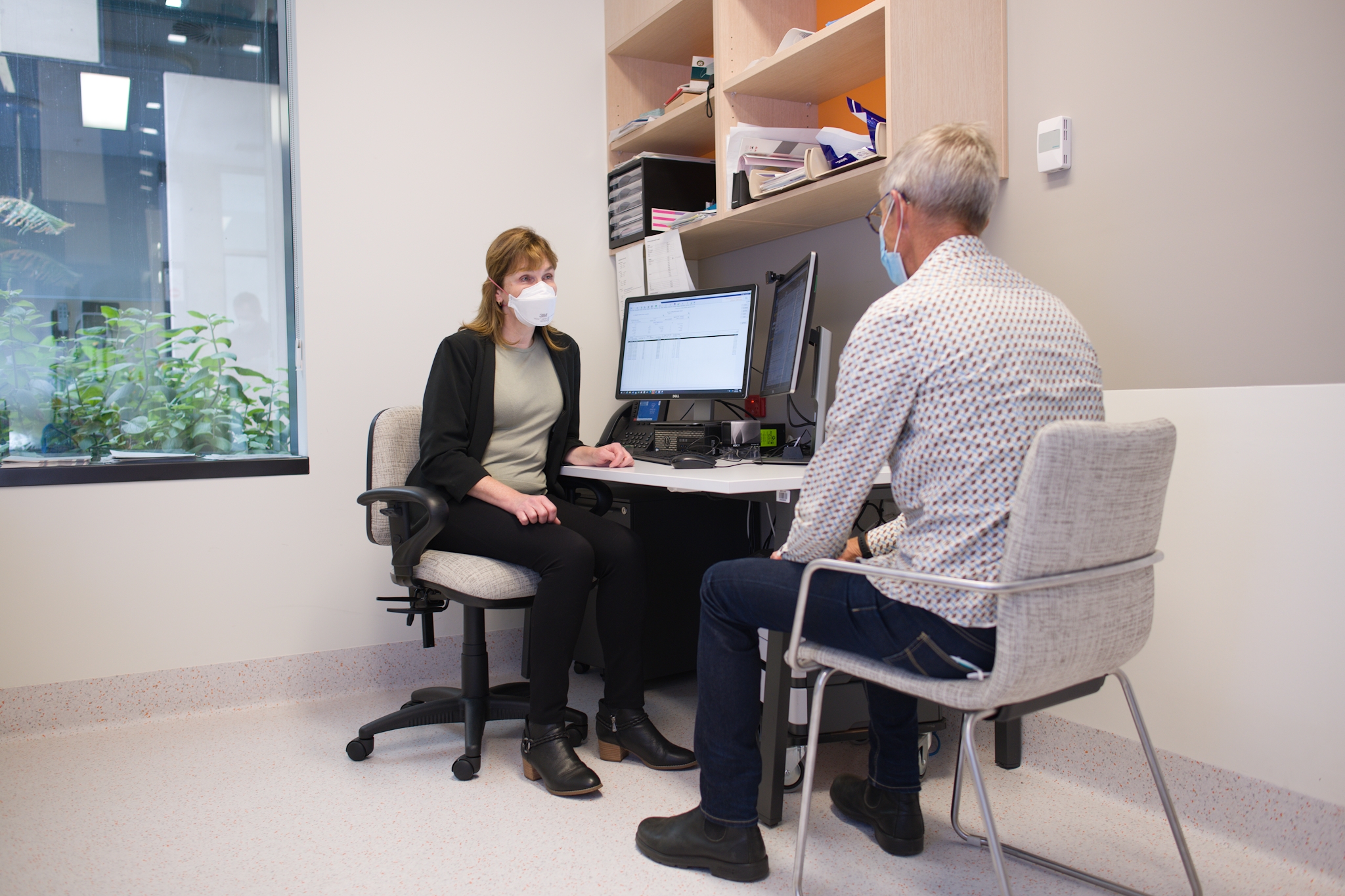Investigation of patients presenting with suspected metastatic cancer without an obvious primary site, or malignancy of undefined primary origin (MUO), should be guided by the patient’s clinical presentation. Invasive diagnostic tests may not be clinically appropriate for frail patients who have a poor prognosis or would not be fit for treatment. Clinician discretion is advised - where there is uncertainty, urgent discussion with a medical oncologist is strongly encouraged.
The following recommendations have been adapted from the Australian Optimal Care Pathway for people with cancer of unknown primary.
The minimum diagnostic work-up should encompass:
Additional investigations that may be performed include site- or subtype-directed investigations based on the specific presentation, fluorodeoxyglucose-positron emission tomography (FDG-PET), and molecular testing.
For SUPER-ED participating sites, follow this link for further information on the Diagnostic Workup SOP.
Here are the links to other clinician resources. You may also use the quick links on the right side of the page to navigate.

Most people are diagnosed with cancer of unknown primary (CUP) after they have symptoms or become unwell. Some people may be diagnosed during tests for another health condition. When cancer is suspected, you might be referred for tests or to a specialist.

The treatment you have depends on a number of things, including where the cancer is and your general health. A team of doctors and other professionals discuss the best treatment and care for you. The main treatment for Cancer of Unknown Primary is cancer drugs, most commonly chemotherapy. You may also have radiotherapy to help to control your symptoms and hormone therapy.




